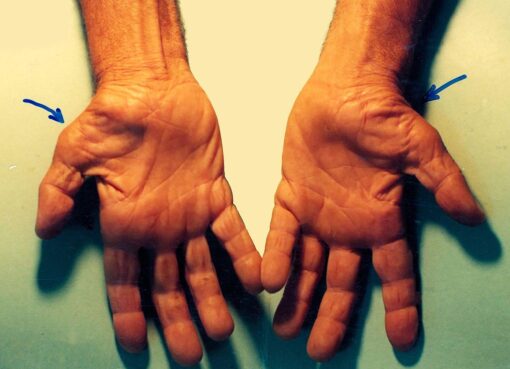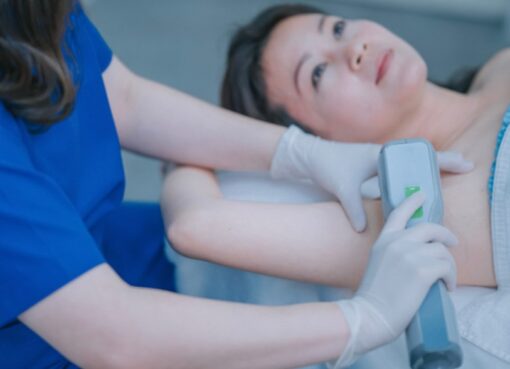Coronavirus vaccination (Vaksin Covid 19) protects you against COVID-19. It may also keep you from getting the long-term health complications that some COVID-19 patients have. Like any vaccination, you may have adverse effects such as soreness or redness and swelling, fever, chills, fatigue, or a headache. These symptoms, on the other hand, are markers of an effective detection and immunological response to vaccination. The adverse effects indicate that the vaccination is training your immune system to recognize and fight SARS-CoV-2, the coronavirus that causes COVID-19. While some of the vaccination side effects are similar to COVID-19 symptoms, coronavirus vaccinations will not bring you COVID-19 infections. You will not become contagious as a result of the vaccinations.
Many people experience mild to moderate adverse effects from the vaccination, which only last for a day or two. But, for certain people, the symptoms make them feel uncomfortable or restrict their ability to complete everyday chores. When dealing with several days of flu-like symptoms, many people, including doctors, may seek an over-the-counter drug such as ibuprofen or acetaminophen to reduce their temperature and soreness. The issue with pain relievers is that they could decrease the very immune system response that a vaccination is designed to stimulate. Vaccines operate by deceiving the body into believing it has a virus and then generating an immune response to it.
As shown in a research with mice, these medications may reduce the formation of antibodies, which prevent the virus from invading cells. Other studies have revealed that pain relievers can reduce the immune response to several pediatric vaccinations. Therefore, many physicians advise parents to avoid giving their children the pain relievers before a vaccination and only if unavoidable afterward. However, if you are currently taking one of those drugs for a serious medical condition, you should not quit taking it before getting the vaccination. You should seek a doctor’s advice or inform the healthcare provider about your situation before taking vaccinations and enquire about the ideal time to receive a vaccine.
If you want to ease symptoms following your injection, acetaminophen (Paracetamol) is preferable since it acts differently than other pain relievers. Not only do we lack evidence as to how drugs and Covid-19 vaccinations interact when taken together, but using medications as a preventive measure to reduce adverse effects may be pointless because not everyone reacts to the vaccine in the same manner. If you are set to receive the Covid-19 vaccination, there are a few things you may want to do ahead of time.
Rather than taking a pain reliever in preparation of the soreness, consider placing an ice pack on your upper arm before the shot to minimize the soreness. Keep your eyes closed, visualize your happy environment, and do deep breathing techniques to relieve tension. Keep your arm loose and move it around after the vaccination is administered. Pain can be lessened by relaxation. Plus, one of the most important things to remember is to avoid engaging in any activities or consuming anything that may affect the vaccination’s effectiveness or reduce immune response to the vaccine.
However, in real life, clinical evidence on how pain relievers can influence the immunological response to vaccinations is inadequate. Furthermore, the immune response might differ depending on the type of vaccination and other variables. Clinical trials conducted to verify the safety and effectiveness of COVID-19 vaccines, on the other hand, provide some new reliable information in which the pain relievers, such as ibuprofen, were allowed to be used by participants in the study to relieve moderate side effects following injection. This would have been the case in the Pfizer-BioNTech and Moderna clinical studies, which demonstrated effectiveness of more than 94% suggesting that the use of pain relievers, such as ibuprofen, had no influence on the immunological response to the vaccination.





